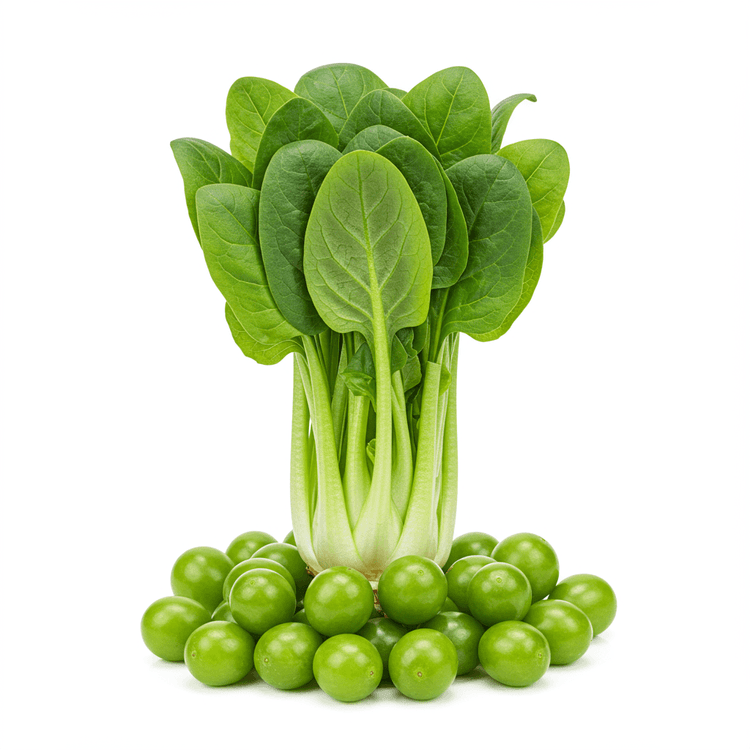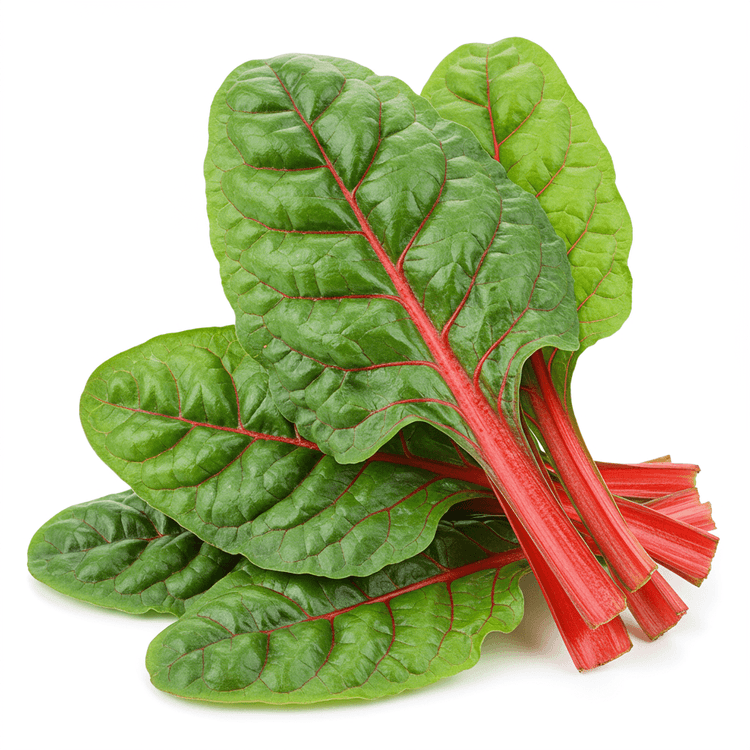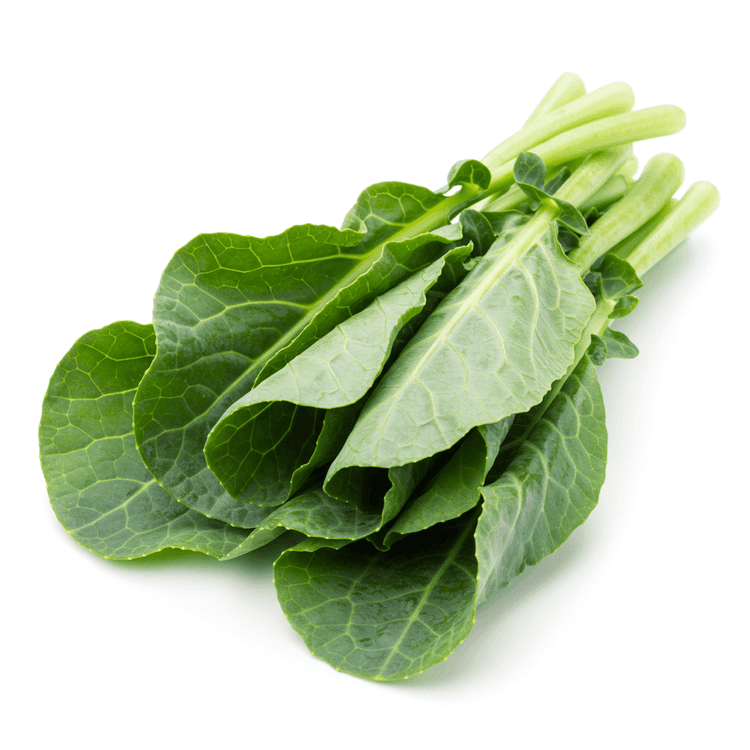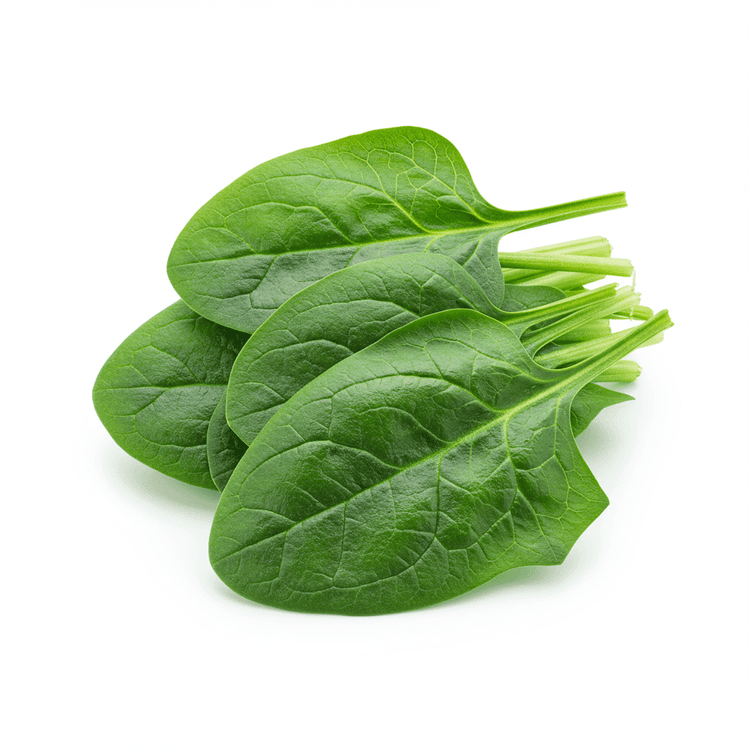
Greens Generic Name: Green
The term 'greens' encompasses a wide variety of leafy vegetables, typically with green leaves, that are consumed as food. These edible leaves offer a diverse range of flavors from mild and sweet to bitter and peppery, depending on the specific variety. Common greens include spinach, kale, collard greens, mustard greens, and romaine lettuce. They can have varying textures, from tender and delicate to tough and fibrous. The vibrant green color indicates a wealth of nutrients, making greens a healthy and versatile addition to any diet. Discover delicious and nutritious ways to incorporate these leafy vegetables into your meals and enjoy their many health benefits. Find fresh greens at your local grocery store or farmers market.
Common Uses
- Enjoy fresh greens in salads for a light and refreshing meal or side dish, adding crunch and valuable nutrients to your diet. Experiment with different types of greens for varied flavors and textures.
- Sauté greens with garlic and olive oil for a simple and flavorful side dish. Sautéing wilts the greens and mellows their flavor, making them a great accompaniment to proteins or grains.
- Add greens to smoothies for a nutritional boost without significantly altering the taste. Spinach and kale are popular choices for adding vitamins and minerals to your morning smoothie.
- Use greens in soups and stews to increase their nutritional content and add depth of flavor. Hearty greens like collard greens can withstand longer cooking times, while more delicate greens can be added towards the end.
- Incorporate greens into stir-fries for added color, texture, and nutrients. Add them towards the end of the cooking process to prevent overcooking.
- Use greens as a filling for wraps, sandwiches, and omelets. They add a healthy and flavorful alternative to traditional fillings like lettuce or processed meats.
Nutrition (per serving)
Nutrition (per serving)
Calories
20.0kcal (1%)
Protein
2.0g (4%)
Carbs
4.0g (1.45%)
Sugars
1.0g (2%)
Healthy Fat
0.2g
Unhealthy Fat
0.1g
% Daily Value based on a 2000 calorie diet
Nutrition (per serving)
Calories
20.0kcal (1%)
Protein
2.0g (4%)
Carbs
4.0g (1.45%)
Sugars
1.0g (2%)
Healthy Fat
0.2g
Unhealthy Fat
0.1g
% Daily Value based on a 2000 calorie diet
Health Benefits
- Rich in vitamins A, C, and K, supporting immune function and bone health.
- High in fiber, aiding digestion and promoting gut health.
- Excellent source of antioxidants, protecting against cell damage and chronic diseases.
- Low in calories and carbohydrates, making them a great choice for weight management.
- Contains folate, essential for cell growth and development, particularly important during pregnancy.
- May help lower cholesterol levels and reduce the risk of heart disease.
Substitutes
Chefadora AI is here.
Experience smarter, stress-free cooking.
Storage Tips
Greens are best stored in the refrigerator to maintain their freshness and prevent wilting. Before storing, rinse the greens and remove any damaged leaves. Wrap them loosely in a paper towel or place them in a breathable bag, and then store them in the crisper drawer of your refrigerator. This will help absorb excess moisture and keep them fresh for up to a week. Avoid storing greens near fruits like apples or bananas, as these emit ethylene gas that can cause greens to spoil faster. Some greens can be frozen, but they will lose some of their texture and are best used in cooked dishes.
Marnirni-apinthi Building, Lot Fourteen,
North Terrace, Adelaide, South Australia, 5000
Australia




